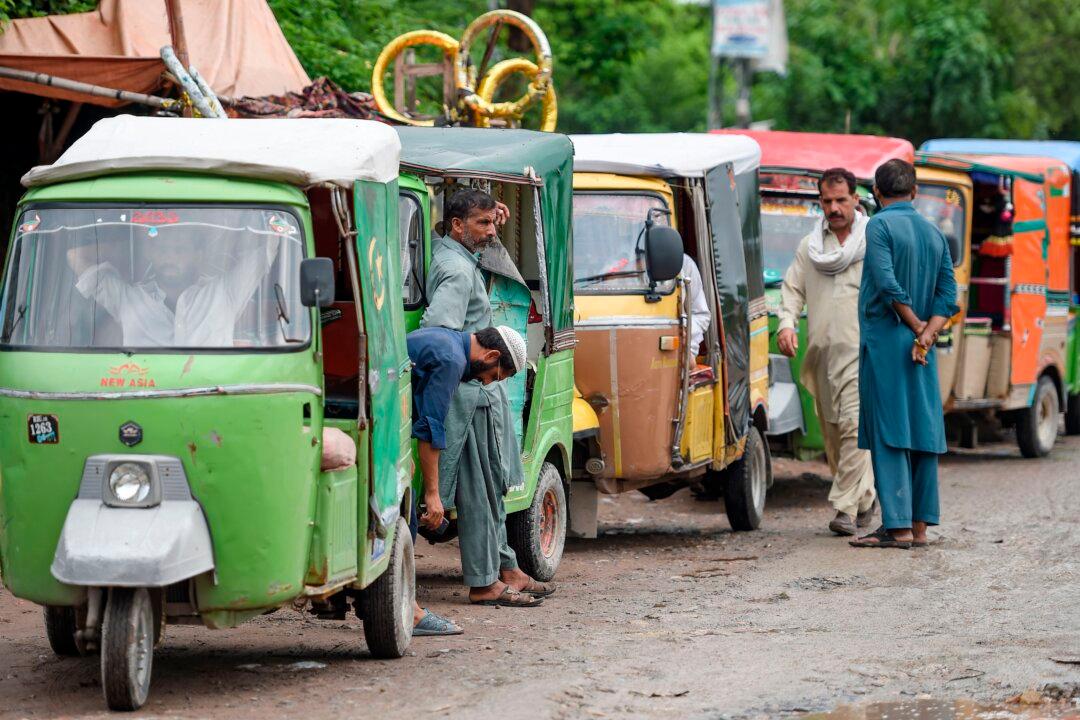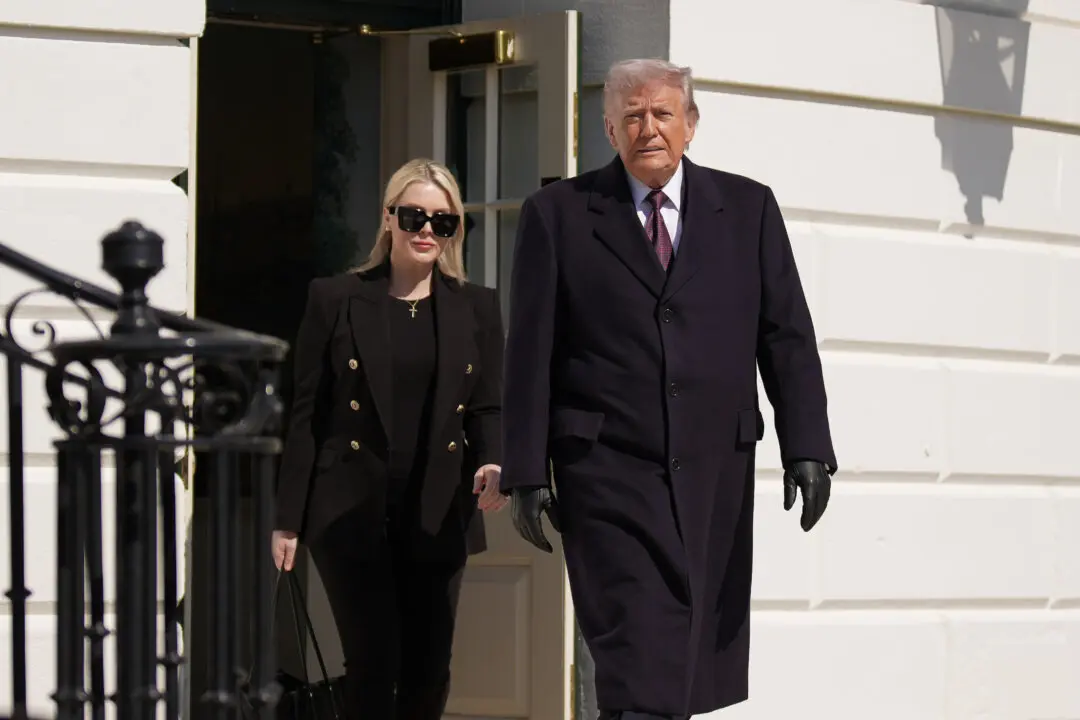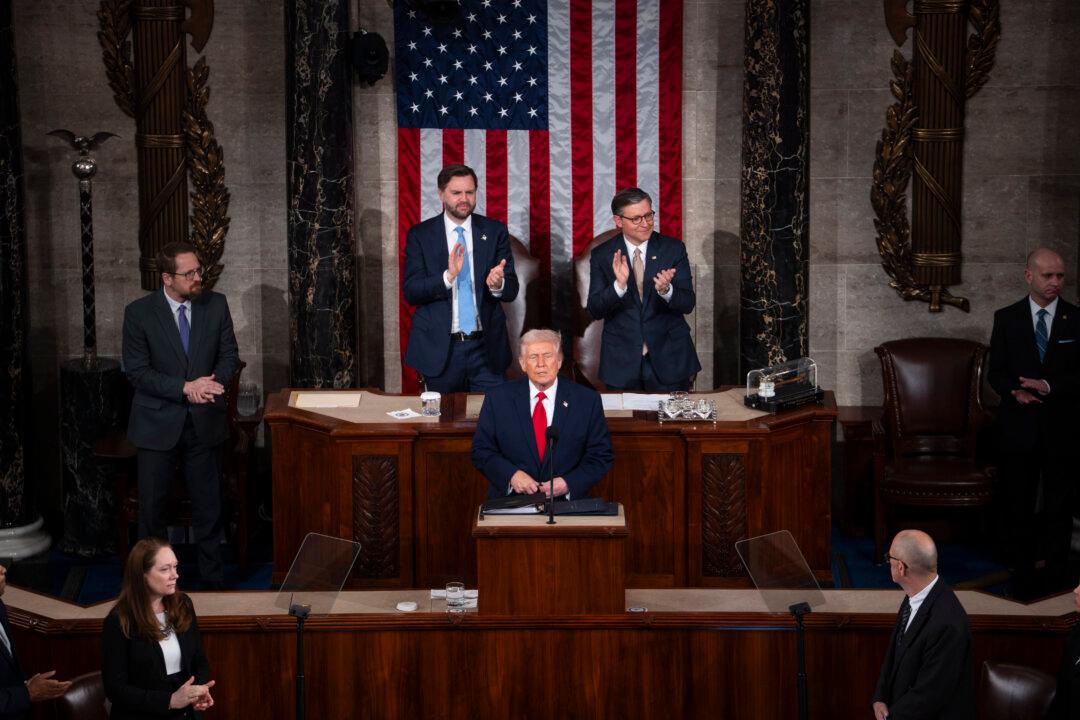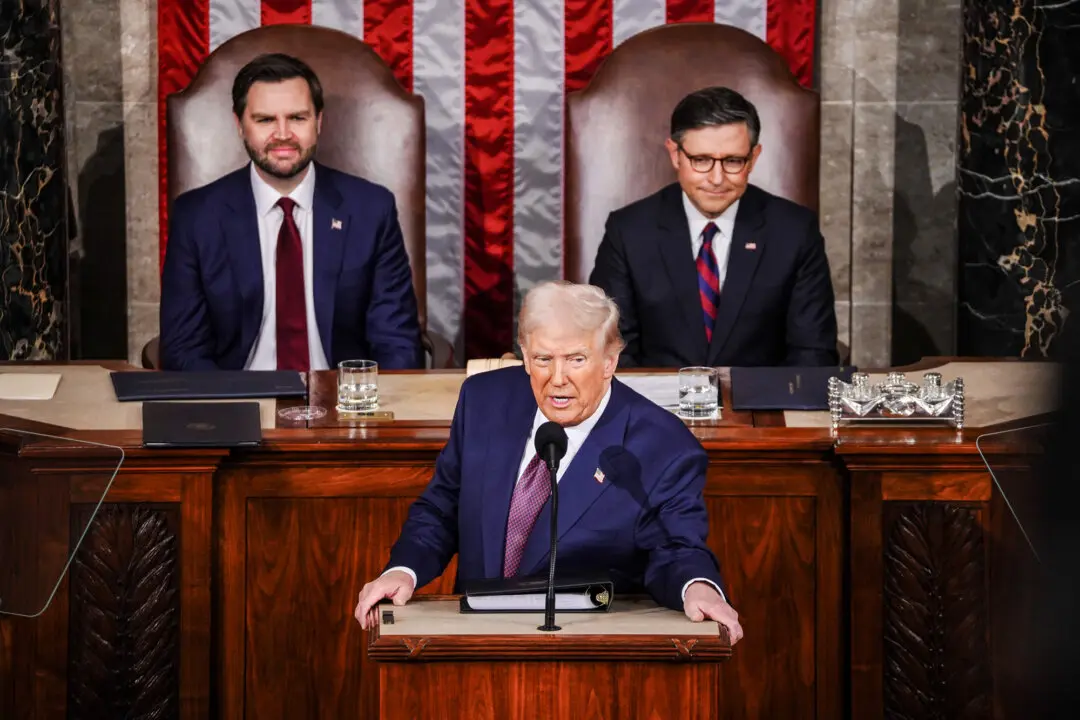WASHINGTON—The Chinese communist regime is committing genocide against Uyghurs in China’s Xinjiang region, yet Muslim countries still remain largely silent, as they have become colonies of China, according to an expert.
Beijing has set its sight on Islamic countries in the Middle East and Central Asia, as they are crucial to its Belt and Road Initiative (BRI, also known as One Belt, One Road), which seeks to revive the ancient “Silk Road.”





